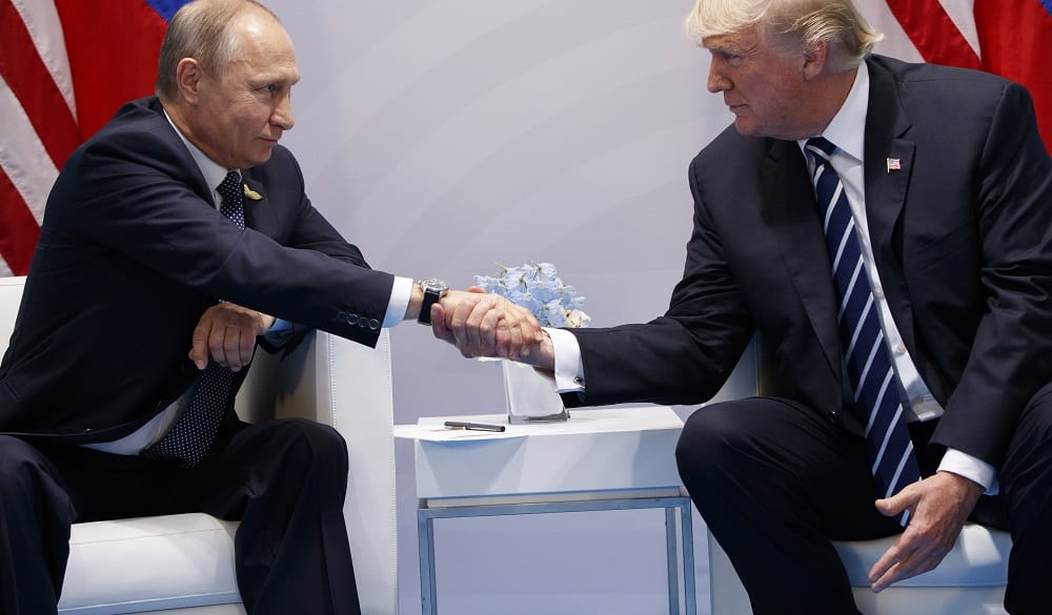First he announced it.
By the end of the day, he said it wasn’t happening.
But what did President Trump actually agree to in last week’s meeting with Vladimir Putin?
The whole situation with Trump’s proposed implementation of a cybersecurity unit with the very hostile foreign government that U.S. intelligence has said were responsible for attempting to influence the 2016 election is mind-boggling.
It’s concerning enough that two Democrat lawmakers have proposed making it harder for President Trump to commit funds to such a monumental breach of national security (and good sense).
Rep. Don Beyer (D-Va.) introduced an amendment to the National Defense Authorization Act that would block funding to joint ventures in cybersecurity with Russia.
Rep. Ted Lieu, meanwhile, introduced an amendment stating that that it is the “sense of Congress that [Trump]…undermin[es] the conclusions of the intelligence community and his own cabinet members…[and] United States credibility, hinders deterrence and challenges United States standing with key allies” by not acknowledging that Russia interfered in the 2016 election.
Trump’s initial suggestion of joining with Russia in a cybersecurity unit brought plenty of condemnation from members of his own party, such as Senators Marco Rubio, Lindsey Graham, and Ben Sasse.
Before the day was over, Trump had backpedaled on the issue, but the natural question has to be what was actually discussed?
Officials from both the United States and Russia in the room when Trump and Putin met Friday both said that leaders agreed to some form of bilateral cybersecurity unit.
Other reports that came from the meeting are that Trump discredited his own intelligence community by telling Putin that “some” in the U.S. were exaggerating the extent of Russia’s interference.
If that’s even remotely true, it’s all the more proof that Trump went into last week’s meeting more intent on pleasing Putin than taking a tough stance.













Join the conversation as a VIP Member